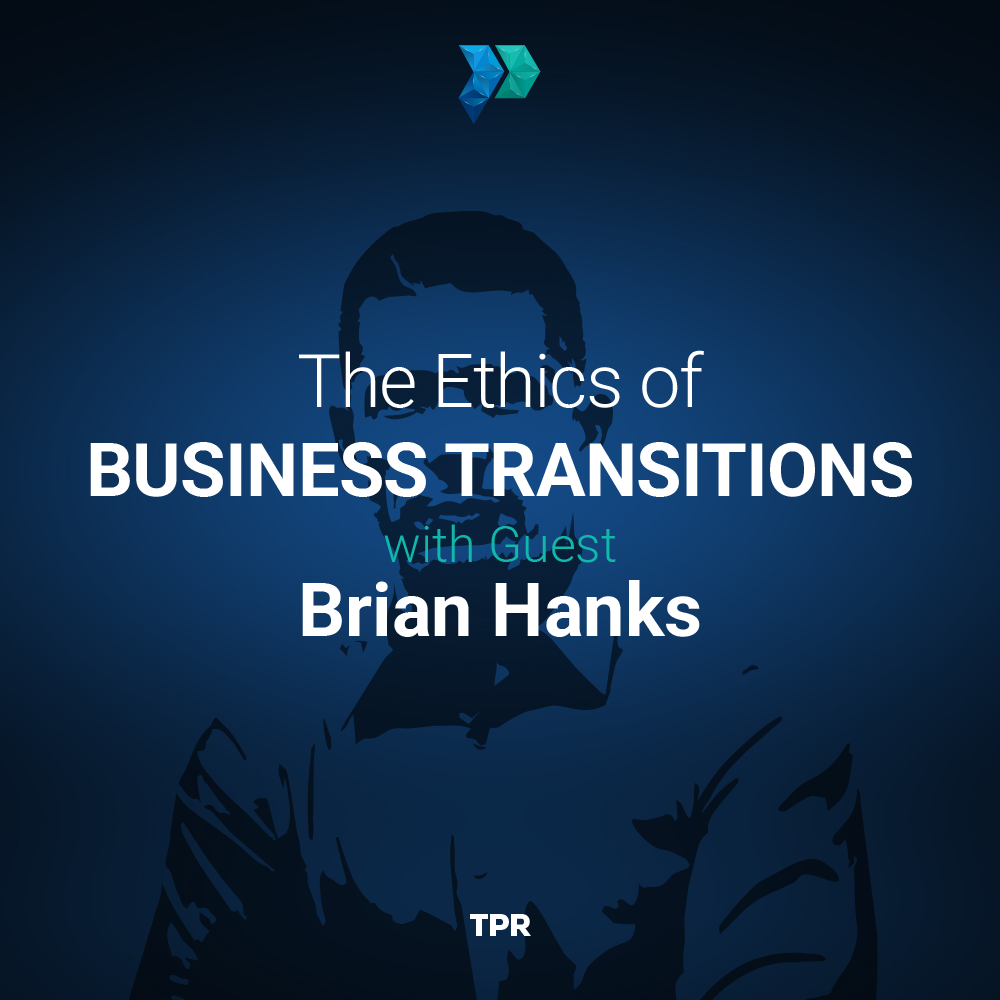Micah and Matt show how an in-depth knowledge of taxes can increase the value you bring to clients.
Let’s be honest here. Talking taxes won’t interest any guest at your cocktail party. And most of us would rather try and solve Fermat’s Last Theorem than learn the tax code.
But what if there was a very essential reason to buckle down and learn everything you could about taxes? Not as a hobby or for the pure enjoyment of the wonderful world of taxes–unless you just really love taxes–but to do everything you could to help your clients save money.
But learning all about taxes doesn’t mean preparing taxes for a client. As a financial advisor, you don’t do that. Instead, bringing value to clients through taxes means planning ahead with tax considerations in mind, to maximize your client’s revenue.
To further explore, let’s delve a little bit deeper to differentiate tax preparation from planning.
Tax Planning Versus Preparation
To plan for taxes means to think long term with clients. As Micah states, it involves setting up a strategy that can quantitatively show how your adjustments in the here and now will affect earnings in the future.
This is only achievable by having an extensive knowledge of taxes. This also means properly distilling complex information in a clearcut way for clients. It’s one thing to have mastered the nuances of the tax code, but another to communicate effectively to clients.
Keep in mind that the whole point of tax planning is to help the clients involved. You can be the world’s leading expert in tax planning, but if you don’t have the communication skills to reassure clients about the long term plan, you aren’t bringing massive value.
In contrast, preparation means sorting out all of the proper documentation, compliance requirements, and navigating every mandatory step of the tax process. This doesn’t fall under the purview of the financial advisor though.
So, once again, it’s really important to keep in mind that financial advisors don’t give tax advice or are involved in the preparation of the taxes themselves. They should only structure long term plans that factor in the right moves to save a client money.
So for those who aren’t studying the art of tax planning, the question for you and your practice is this: what steps are you going to take to become well-versed in tax planning?
Consider the Tax Return
As Matt and Micah state, learning how to read tax returns and in turn, incorporating the return into your prospect process is invaluable for bringing value to your clients.
Tax returns are also a way to ‘check the pulse’ of your clients. Matthew likes to use the metaphor of a doctor checking the blood pressure of every patient before anything else is addressed. The tax return is like that screen of your vitals that the doctor refers to and frames their diagnosis around. So too the tax return is used in a similar manner.
Also, Micah states that tax returns are a surefire way to quantifiably reflect the value you bring to clients. And that is an amazing tool to consider.
There’s so much more to learn about taxes in this one. Matt and Micah share experiences in their own practice and offer some advice that is best heard within the episode itself. Do yourself a huge favor and listen along!
Professional activity performed in a state of distraction-free concentration that pushes your cognitive capabilities to their limit. These efforts create new value, improve your skill, and are hard to replicate. – Cal Newport
Setting up a Surge schedule for your office is the most powerful step you can take to increase your effectiveness while being 100% intentional in Delivering Massive ValueTM.








